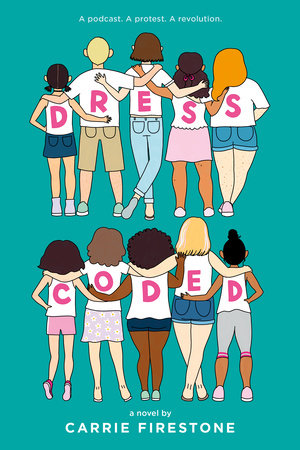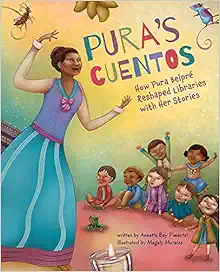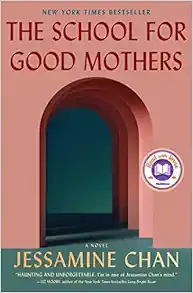While on a short vacation in Niantic, Connecticut friends introduced us to The Book Barn - a delightful (and huge) used bookstore with books for every interest. I walked out with six books, and my husband left with five, all for about $50!
Bryson's memoir about growing up in the 1950s was the perfect beach vacation read. Light and funny it also mentions libraries about half a dozen times.
When he failed to produce a signed permission slip in order to go on a school field trip he spent the day in the the school library which he
actually didn't mind at all. It's not as if I were missing a trip to the Grand Canyon or Cape Canaveral. This was Des Moines. There were only two places schools went on trips in Des Moines-to the Wonder Bread Factory...and the museum of the Iowa State Historical Society, the world's quietest and and most uneventful building...
We can deduce from this that the library was not a quiet and uneventful place. Apparently young Bill Bryson understood that the library was full of adventure!
His parents, who were "affectionate...in a slightly vague and distracted way" sometimes went to the movies together, or to the library. I have always held that libraries are good places for dates. There are often programs, lectures, or book discussions to attend together. Or a couple could simply go and pick out a book to read together.
Bryson spent much of his childhood obsessing on how and where he could see naked women. One place was his
father's small private library of girlie magazines in a secret place known only to him, me, and 111 of my closest friends.
However, for a real live experience he set his sights on the strippers' tent at the Iowa State Fair where the twelve year old was denied entry because one needed to be thirteen to enter. So the following year he
assembled every piece of ID I could find-school reports, birth certificate, library card, faded membership card from the Sky King Fan club...
only to be thwarted once again when the minimum age for entry was changed to fourteen.
He laments that his old elementary school "lost its wonderful gym and auditorium...to make way for a library and art room...". Myself, I'd much rather be in a library (or an art room for that matter) than a gym.
On the very next page of the book he laments the loss of the "enormous photo library" housed at the Des Moines Register and Tribune newspapers. He is (rightly) surprised and disappointed to discover that they were all destroyed and "recycled for the silver in the paper".
Bryson writes of one bit of urban lore that he, like most people, have no reason not to believe, although it is utterly false. As an information literacy specialist I feel I must set the record straight on the subliminal advertising study in Ft. Lee, New Jersey in which
patrons were shown a film in which two clipped phrases -"Drink Coca-Cola" and "Hungry? Eat Popcorn" - were flashed on the screen for 1/3000 of a second every five seconds, much too fast to be consciously noted, buy subsconsciously influential, or so it seemed, for sales of Coke went up 57.7 percent and popcorn by nearly 20 percent during the period.
Life magazine is cited as the source of this information (although a full citation with volume, issue, date, etc. is not provided). In fact, it turns out the data from the experiment was never able to be repeated, and some question whether the experiment even ever took place at all. Nevertheless the legend will not die. More information about the Subliminal Advertising study can be found on Snopes.com.
I did find the rather elusive Life magazine article. Those who want to look it up will find it in the March 31, 1958 issue (v. 44 no. 13) pp. 102-114. It's called "'Hidden Sell' Technique is almost Here".






















